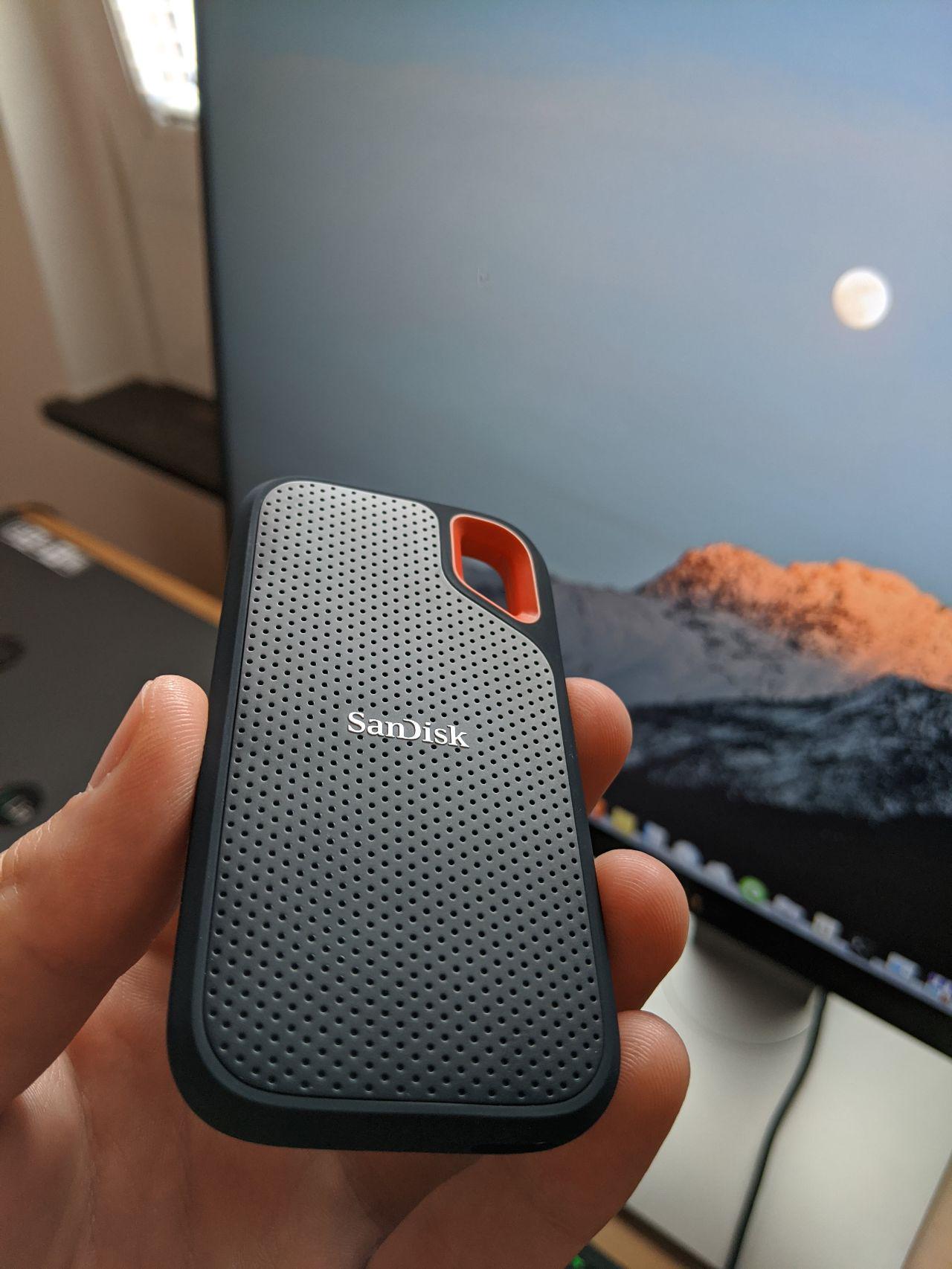Treat Your External Hard Drive As Your Local Cloud

When I first started using computers, storing your information in the “cloud” sounded superb. You can put your computer data to a server that you can access from any device with an internet connection. Now, it’s a problem.
How Can Shift In Perception Change The Use Case Of Your External Hard Drive?
Nowadays, I see a lot of problems with this way of storing my data. Any online account can be compromised, but the company storing your information can take advantage of your data. It is no secret that Google scans your Gmail to personalize the ads, so I wouldn’t be surprised if they do the same with Google Drive. Not to mention that these internet companies wouldn’t mind complying with government requests to hand over your data.
There are some solutions to this problem, like encrypting the data before the upload, but just like an external hard drive, this makes sharing features unusable. I use Cryptomator to encrypt my 2FA backup codes; additionally, it can also be used to encrypt any data you want to upload to the cloud. Disclaimer: Cryptomator is partly open-sourced, but not all of its software is available for free!
What’s the cool idea behind cloud storage, and how can I make it more “dumb” to fit my privacy standards? Apart from sharing files, having a portable external hard drive can offer similar benefits.
So I bought a new SanDisk portable hard drive with USB-C, so I can use it with my computer or my smartphone, the same set of devices I usually use to access the cloud. I went with a 500GB version since I didn’t want to spend too much, and I wouldn’t use it as a backup drive. I’ve also realized that having all of my data on a portable drive unencrypted is exceptionally unsafe. I’m currently looking at buying a Cryptomator license for my Android smartphone, but I’m not sure how well that solution works.

The next step was to get the data from online accounts and close the ones that provide no more value. It’s is a reasonably beneficial and straightforward step to unite and consolidate your data. It was cathartic to delete some unused accounts and to organize my files better.
I’m still going to use my Nextcloud instance, but I will try my best to utilize my new hard drive. Nextcloud also offers additional applications, helpful for de-Googling yourself, that external hard drive can’t provide, like calendar, notes, tasks…
If you want to do the same thing I recommend buying a more portable USB-C drive, Samsung also has some good ones, so you can store it in your backpack and transfer the data from all devices you use. However, if you want to try this experiment, you don’t need to buy a new one, your older external hard drive will do just fine. I have no idea how well this solution will work, but I can’t wait to put it through its paces when I return to the university in October.

